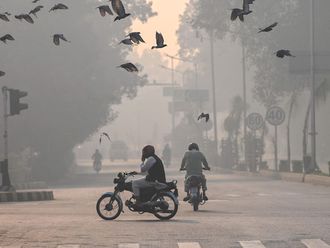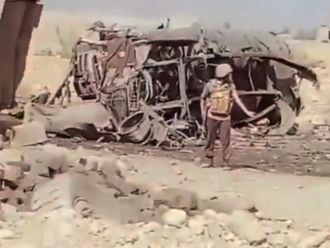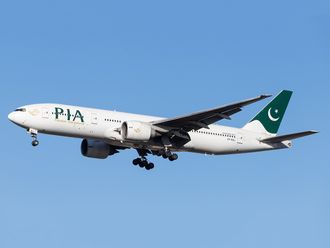Lahore: Pick up any newspaper, whether in Urdu or English or in a regional language in the country, and stories narrating details of crime flash across pages.
There is a reason why this fascination is growing. "I cannot think of anyone who hasn't encountered theft or robbery or something else of that kind either directly or indirectly. Street crime, such as the snatching away of mobile phones, is growing too," said Ayaz Haider, a tailor.
But even while crime rates soar in most parts of the country, there are places still in existence where violence and crime is almost unknown. The mountainous region of Hunza, tucked away in the north of Pakistan, is one such zone. "It is a beautiful place not just because of the snow-capped peaks and the apricot blossoms, but because the people too are so serene and so content," said Shumaila Hassan, who holidays in Hunza almost each summer.
It is possible to learn lessons from the means found by people there to keep their region safe from the wave of crime that has taken grip of so many other parts of the country. Despite poverty, even petty crime is extremely rare in Hunza, and house doors for the most part remain unlocked. This is in stark contrast to the barred, padlocked gates seen elsewhere.
Evidence
Few studies have been conducted by sociologists to understand this phenomenon. But the anecdotal evidence that exists, and has been confirmed by visitor after visitor as well as local people, suggests a strong community spirit, combined with a highly organised ‘neighbourhood watch' system aimed at detecting any wrongdoing is the key to this.
Even children are involved in the effort and have been used to prevent tourists from littering, marring walls with graffiti or engaging in other anti-social acts commonly seen almost everywhere else.
"We train our children to do what is good for all," Hazir Shah said.
Older citizens recall a time when a similar community spirit existed even in the largest cities. Of course each of these urban centres has changed and grown vastly in size over the decades, making such mutual caring difficult.
Indeed with this expansion has come a plethora of problems. The influx of people into cities in search of jobs means there is a constant shift in populations and little chance to gain familiarity with all those who live in a specific locality. But even then, nurturing a sense of community similar to that in Hunza may prove the only way to tackle rampaging crime and all the problems it brings.












